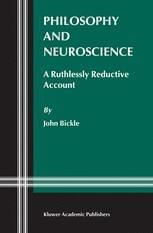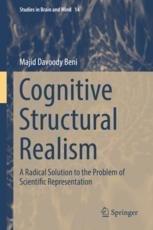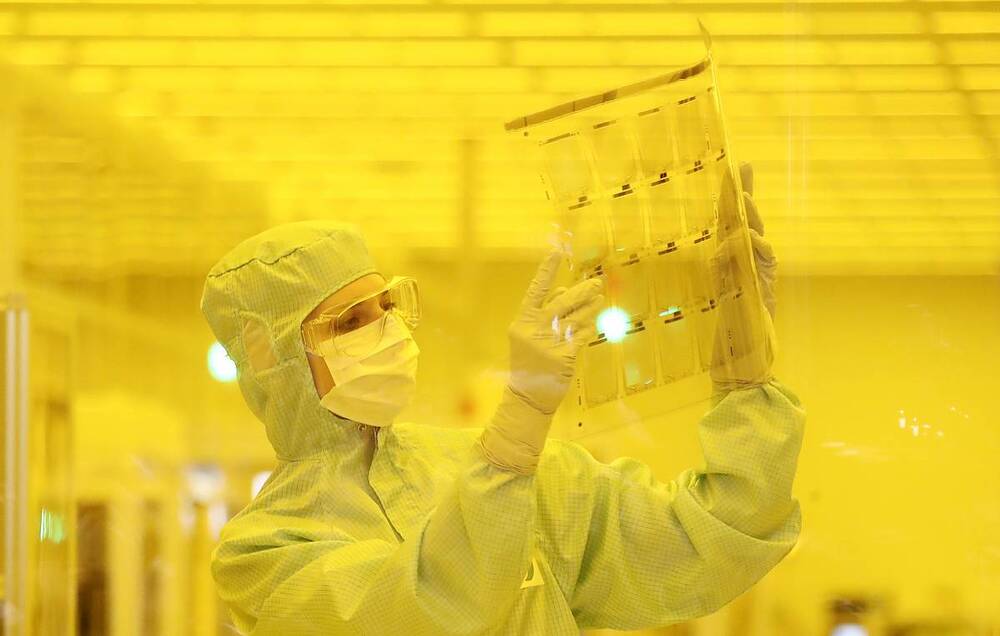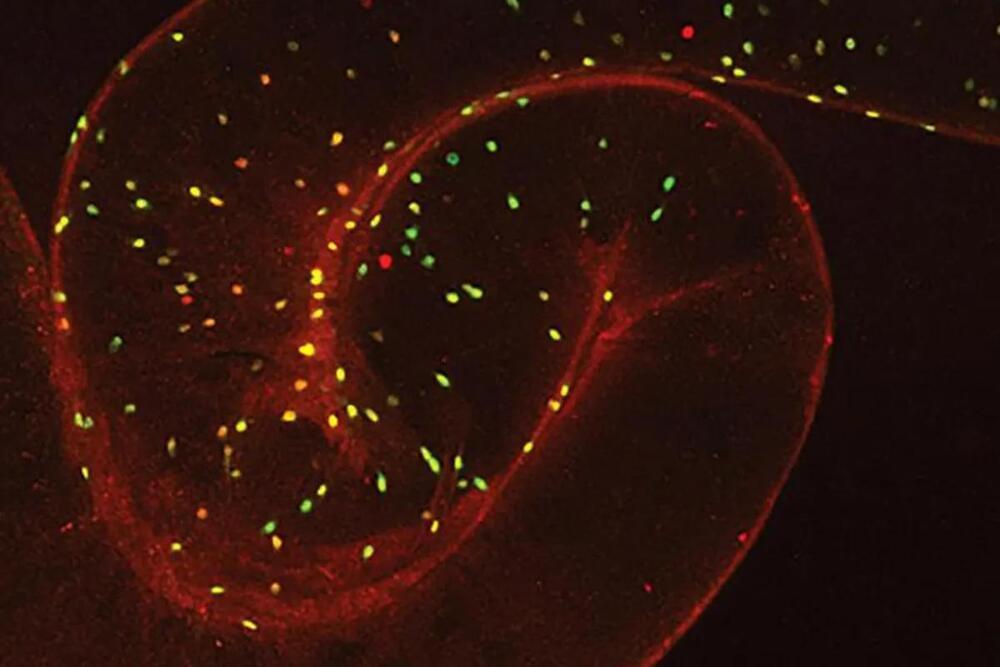Archive for the ‘neuroscience’ category: Page 36
From the reviews:
“If you thought reductionism about the mind was dead, think again: you may find John Bickle’s vigorously and powerfully argued Philosophy and Neuroscience: A Ruthlessly Reductive Account a real eye-opener. His guiding idea is that the proof of reductionism is in the track record of reductionist research strategies in neuroscience, in explaining mentality and behavior — and even qualitative consciousness itself. And Bickle does not disappoint: he serves up a veritable feast of reductionist success stories, from deep down in cellular and molecular neuroscience. Some of the details he describes will amaze, and perhaps also delight, you. Bickle’s discussion is invigorating as well as philosophically sophisticated, and his knowledge of current research in neuroscience is impressive indeed. The writing is clear, brisk, and refreshingly straightforward, and the book brims with enthusiasm and optimism. This is the latest salvo from the reductionist side, and a mighty one it is! It may not win the battle outright for reductionism, but it is going to change the shape and terms of the debate to come. A must read for those interested in the issues of psychoneural reduction and reductionism, and highly recommended to anyone with a broad interest in the philosophy of mind and psychology.” (Jaegwon Kim, Brown University)
“Bickle now practices metascience … a large part of the book consists of neuroscientific case studies. … Bickle’s experimental cases are fascinating and his book qualifies as a showcase of naturalism in the philosophy of mind. As such it deserves to be read by any philosopher with naturalistic leanings. … Bickle has provided food for thought. … It manifests a profound respect for empirical developments, and a healthy criticism of philosophical hobbyhorses and entrenched reasoning patterns. This makes the book worthwhile reading.” (Huib Looren de Jong and Maurice K. D. Schouten, PhilosophicalPsychology, Vol. 18 , 2005)
This book dissolves the most vicious problem of scientific realism (i.e., the problem of scientific representation). It Combines the philosophical and scientific resources of Structural Realism along with Ronald Giere and friend’s Cognitive Models of Science approach.
Oct 23, 2024
Fungal ‘Brains’ Can Think Like Human Minds, Scientists Say
Posted by Jose Ruben Rodriguez Fuentes in category: neuroscience
Oct 23, 2024
Sean Carroll: Quantum Mechanics and the Many Worlds Interpretation (from 2020)
Posted by Dan Breeden in categories: neuroscience, quantum physics
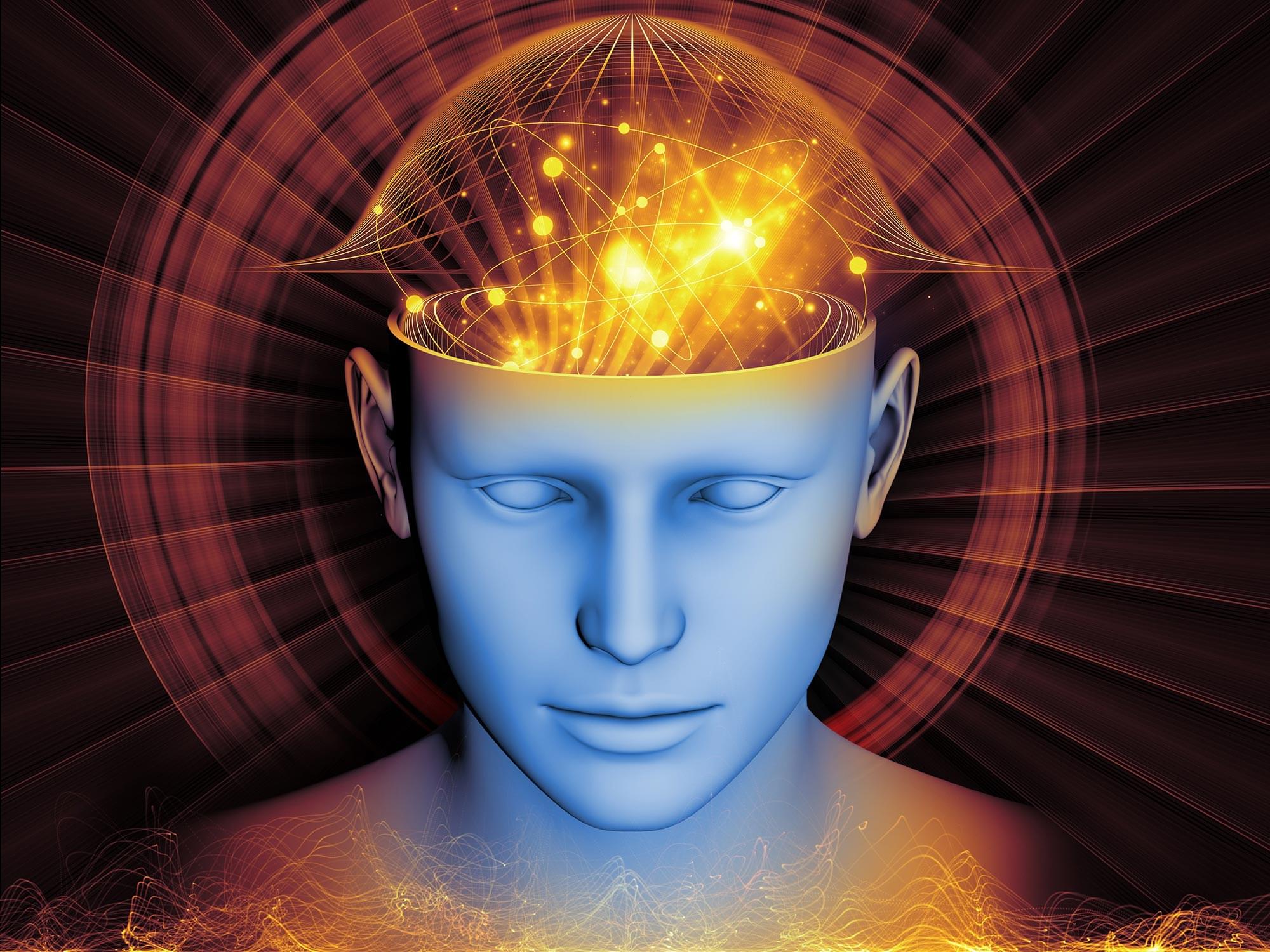
A groundbreaking study has provided experimental evidence suggesting a quantum basis for consciousness.
By demonstrating that drugs affecting microtubules within neurons delay the onset of unconsciousness caused by anesthetic gases, the study supports the quantum model over traditional classical physics theories. This quantum perspective could revolutionize our understanding of consciousness and its broader implications, potentially impacting the treatment of mental illnesses and our understanding of human connection to the universe.
Oct 23, 2024
Groundbreaking Study Affirms Quantum Basis for Consciousness: A Paradigm Shift in Understanding Human Nature
Posted by Dan Breeden in categories: neuroscience, quantum physics
A groundbreaking study has provided experimental evidence suggesting a quantum basis for consciousness.
By demonstrating that drugs affecting microtubules within neurons delay the onset of unconsciousness caused by anesthetic gases, the study supports the quantum model over traditional classical physics theories. This quantum perspective could revolutionize our understanding of consciousness and its broader implications, potentially impacting the treatment of mental illnesses and our understanding of human connection to the universe.
Oct 22, 2024
‘Visual clutter’ alters information flow in the brain
Posted by The Neuro-Network in categories: mobile phones, neuroscience
Whether we’re staring at our phones, the page of a book, or the person across the table, the objects of our focus never stand in isolation; there are always other objects or people in our field of vision. How that visual “clutter” affects visual processing in the brain, however, is not well understood.
In a new study published Oct. 22 in the journal Neuron, Yale researchers show that this clutter alters how information flows in the brain, as does the precise location of that clutter within the wider field of vision. The findings help clarify the neural basis of perception and offer a deeper understanding of the visual cortex in the brain.
Oct 22, 2024
Octopus arm anatomy, molecular makeup revealed in new maps
Posted by Cecile G. Tamura in categories: mapping, neuroscience
Octopus arms may literally have a mind of their own. Each limb contains its own version of a spinal cord, called an axial nerve cord, and these cords collectively harbor most of the animal’s neurons.
The datasets provide “a very nice reference” for future functional studies.
Oct 22, 2024
Past neuroscience research has pinpointed many of the neural processes through which the human brain forms
Posted by Saúl Morales Rodriguéz in categories: biotech/medical, neuroscience
stores and retrieves important information, such as domain-specific knowledge and memories. One dimension of human memory is the ability to link various aspects of experience to specific life events.
Past studies have suggested that this memory-related process is supported by phase precession, which is a shift in the timing at which specific neurons are fired. Up until now, however, this hypothesis had not been confirmed experimentally.
Researchers at the University of California, Davis, Harvard Medical School, Toronto Western Hospital and Cedars-Sinai Medical Center recently carried out a study aimed at probing the relationship between phase precession and memory.
Oct 21, 2024
Exploring the role gut hormones play in regulating lifespan
Posted by Shubham Ghosh Roy in categories: biotech/medical, life extension, neuroscience
The gut-brain axis has long been a subject of interest in lifespan research, and GLP-1 agonists, already used in the treatment of obesity and diabetes, are showing promise in the field of healthspan therapeutics.
New research on gut-to-brain signaling uncovers potential links between gut hormones like GLP-1 and longevity.

